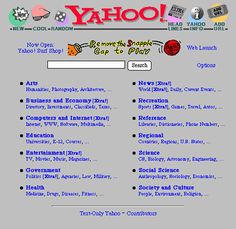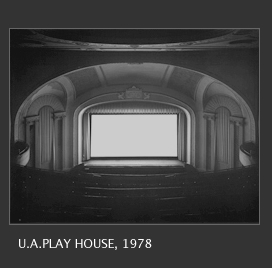Aligning business strategy and talent strategy: Kim Kardashian edition
File this one to the 'You probably have no idea what is bothering your employees' file.
Check this recent piece on Business Insider about some of the tensions that continue to roil the folks at beleaguered technology dinosaur Yahoo. I will just drop the headline (edited slightly to keep this post out of email subscriber's spam folders), then some quick comments after the lede:
Yahoo's big media hires complain they have to compete against Kim Kardashion'a A$$'
(from the piece)
Yahoo's content strategy is frustrating a lot of its own writers and other media personalities, with many complaining about the front page algorithm that shows non-Yahoo generated stories over original content.
In fact, it's become so demoralizing that some Yahoo journalists are openly complaining about losing front page space to lowbrow content, like celebrity gossip.
“You are competing against Kim Kardashian’s ass,” is a running joke within the Yahoo newsroom, the report said.
One big reason for this is that Yahoo's front page is run by an algorithm that automatically identifies and shows stories based on each user's personal taste..
A quick point here, although the post from BI is meant to grab attention and clicks, the issue at Yahoo and Kim's 'features', is not the important takeaway from this. What is important, if we can expand upon the comments and complaints from the Yahoo writers, is that they seem to have not been clued in on the strategy and subsequent decisions (even the ones made by an algorithm), that Yahoo execs are pursuing.
Yahoo's problem, at least in this example, isn't really whether or not the content strategy that favors aggregated, viral, or lowbrow content over more reasoned, professional, and high-minded content that the Yahoo writers produce is the 'right' one from a pure content creation perspective.
The problem is that the business/content strategy that results in our pal Kim being featured prominently on the Yahoo home page doesn't line up at all with the organization's talent strategy that has recruited and is paying handsomely lots and lots of super writers and reporters. It doesn't make sense to pay (perhaps overpay), someone like Katie Couric to produce exclusive shows and interviews for the site, then bury these features underneath the latest celebrity news and gossip.
There isn't much point in chasing 'top' talent if the work you have for them is not aligned with what 'top' talent expects and can most likely find somewhere else. It might work for a while, but then you do end up having to overpay, essentially bribing them to go along to come along if you will.
But eventually, if they are really good, they will find somewhere to do what it is they really are born to do. It's just probably not chronicling the latest developments from Kim and Kanye's Instagram accounts.

 Steve
Steve
